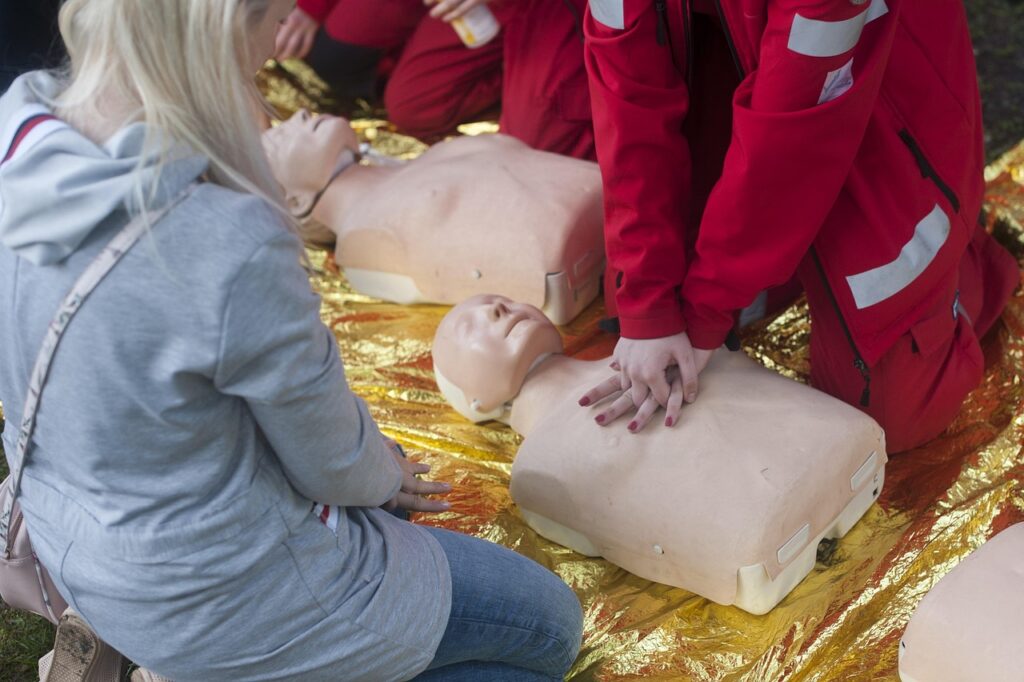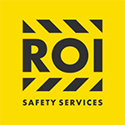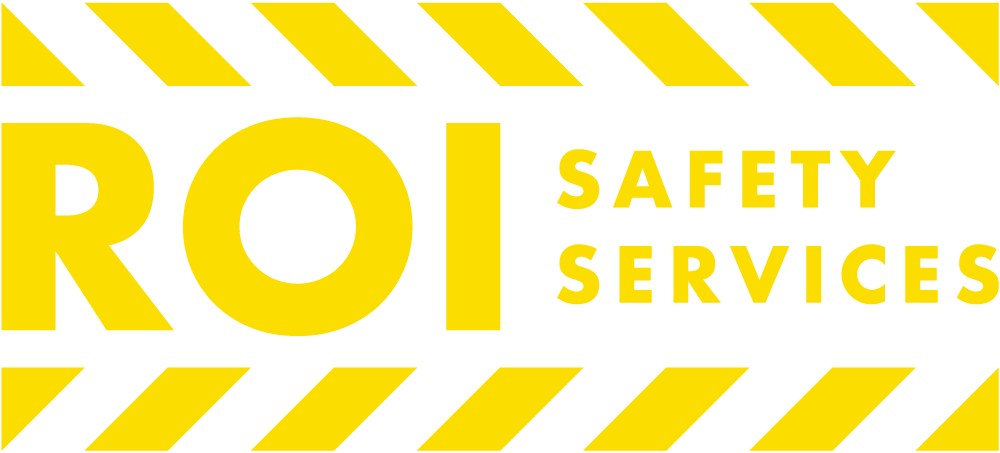For many, CPR certification isn’t just a piece of paper; it’s a vital skill that can save lives. Whether you’re a healthcare professional or simply someone who wants to be prepared in emergencies, staying current with CPR guidelines is essential. As techniques and recommendations evolve, so does the need to renew certifications regularly.
Maintaining and renewing CPR certification can seem daunting, but it doesn’t have to be. With the right approach and resources, individuals can navigate the process smoothly. This guide will outline the key steps to ensure your skills remain sharp, and your certification stays valid. Embrace the responsibility of being prepared and learn how to keep your CPR certification up to date.

Certification Expiration and Renewal Timelines
CPR certification typically expiring every two years requires timely renewal to ensure skills remain current. Organizations often set specific timelines for training sessions based on their needs.
Key Expiration Details
- Standard Certification Duration: Most CPR certifications last for 24 months, necessitating renewal to maintain valid certification.
- Grace Period: Some certifying agencies allow a short grace period post-expiration, ranging from 30 to 60 days for renewal without penalty.
- Training Frequency: Certifications should be renewed within two years to stay compliant and remain proficient in CPR techniques.
Renewal Process
- Online Refresher Courses: Enrolling in online courses offers flexibility and often shortens the renewal process.
- In-Person Classes: Participating in hands-on training sessions ensures skills are practiced, reinforcing knowledge and confidence.
- Certification Agencies: Checking with specific agencies or organizations for renewal procedures and requirements is crucial.
Following these guidelines ensures CPR certification remains valid, allowing individuals to fulfill their responsibility in emergency preparedness.
Steps to Renewing Your Certification
- Check Certification Expiration Date
Verify the expiration date on your CPR certification card. Certifications typically last for 24 months.
- Review Renewal Requirements
Examine the renewal requirements specified by your certification agency. Requirements may differ among organizations.
- Enroll in a Renewal Course
Choose the type of renewal course that fits your schedule. Options typically include online refresher courses or in-person classes.
- Complete the Course
Finish the selected course. Ensure it includes all necessary content aligned with current CPR guidelines.
- Pass the Assessment
Successfully pass any required assessments or practical evaluations to demonstrate competency in CPR techniques.
- Obtain Certification Documentation
After completing the course and assessments, receive updated certification documentation. Ensure it includes your new expiration date.
- Maintain Records
Keep a copy of your renewed certification in a safe place. Consider setting reminders for the next renewal date.
- Stay Informed
Regularly check for updates to CPR guidelines and certification requirements. Staying current enhances readiness for emergencies.
Advanced Training and Skill Refreshers
Advanced training and skill refreshers for CPR certification ensure individuals remain competent and aware of the latest practices. Organizations often offer specialized courses that dive deeper into CPR techniques and emergency response methods.
Increased Training Opportunities
Increased training opportunities include advanced courses such as Pediatric CPR, Advanced Cardiac Life Support (ACLS), and Basic Life Support (BLS). These programs provide more intricate knowledge and skill refinement beyond basic CPR, making them valuable for healthcare professionals and rescuers.
Regular Skill Refreshers
Regular skill refreshers, typically part of compliance with certification agencies, help individuals retain their skills. These refreshers focus on high-quality, hands-on practice and can be combined with updated guideline training. Holding regular drills promotes preparedness and confidence.
Online Resources and Courses
Online resources and courses present convenient options for skill maintenance. Platforms provide video tutorials, quizzes, and simulated practice environments to capture real-life scenarios. These tools reinforce learning and improve retention of CPR techniques.
In-Person Training Sessions
In-person training sessions foster engagement and hands-on experience. Qualified instructors lead classes, offering immediate feedback. Participants practice techniques in a controlled setting, ensuring skill mastery and instilling confidence for real-world situations.
Networking with Certification Agencies
Networking with certification agencies can provide valuable insights into upcoming training sessions and refresher courses. Being connected keeps individuals informed of any changes in guidelines or requirements. It also offers opportunities to participate in community training events that reinforce skills.
Commitment to Lifelong Learning
Commitment to lifelong learning is essential for maintaining CPR certification. Engaging in continuous education keeps individuals prepared for emergencies and promotes a culture of safety within communities. Regularly exploring advanced training options reflects a dedication to professional skill enhancement and public safety.
ROI Safety Services’ Recertification Programs
ROI Safety Services offers comprehensive recertification programs to help individuals maintain their CPR certification effectively. These programs cater to the diverse needs of both individuals and organizations seeking flexibility and quality training.
- On-Site Training: ROI Safety Services provides on-site CPR training, allowing teams to learn in their environment. On-site training promotes convenience and fosters a collaborative learning atmosphere.
- Online Courses: ROI Safety Services offers online CPR recertification courses, designed for convenience and accessibility. These courses include interactive modules that cover the latest guidelines and techniques, accommodating busy schedules.
- Customized Programs: Customized recertification programs address specific industry safety concerns. ROI Safety Services tailors the training content to meet the unique requirements of various sectors, ensuring relevance and applicability.
- Hands-On Practice: Hands-on practice remains a core element of all recertification programs. Participants engage in practical scenarios that enhance their skills, preparing them to respond effectively in real-world situations.
- Assessment and Certification: All recertification sessions include assessments to verify competency. Participants completing these assessments receive updated certification documentation, ensuring they remain compliant with certification agency requirements.
- Ongoing Support: ROI Safety Services provides ongoing support and resources for recertification. Trainers remain available for questions and clarifications, fostering a connection beyond the training sessions.
- Community Engagement: ROI Safety Services actively engages with the community to promote safety awareness. Through events and workshops, they keep individuals informed of the latest CPR and safety practices.
Accessing ROI Safety Services’ recertification programs promotes confidence and competence in CPR techniques. By prioritizing up-to-date training, individuals fulfill their emergency preparedness responsibilities effectively.
Conclusion
Maintaining and renewing CPR certification is essential for anyone committed to being prepared for emergencies. By staying current with training and guidelines, individuals not only enhance their skills but also contribute to a safer community. Engaging in refresher courses and advanced training opportunities ensures competence in life-saving techniques.
Utilizing resources like ROI Safety Services can streamline the renewal process and provide tailored training options. Keeping track of certification expiration dates and engaging in regular practice fosters confidence and readiness. Embracing this responsibility reinforces the importance of being equipped to save lives when it matters most.

